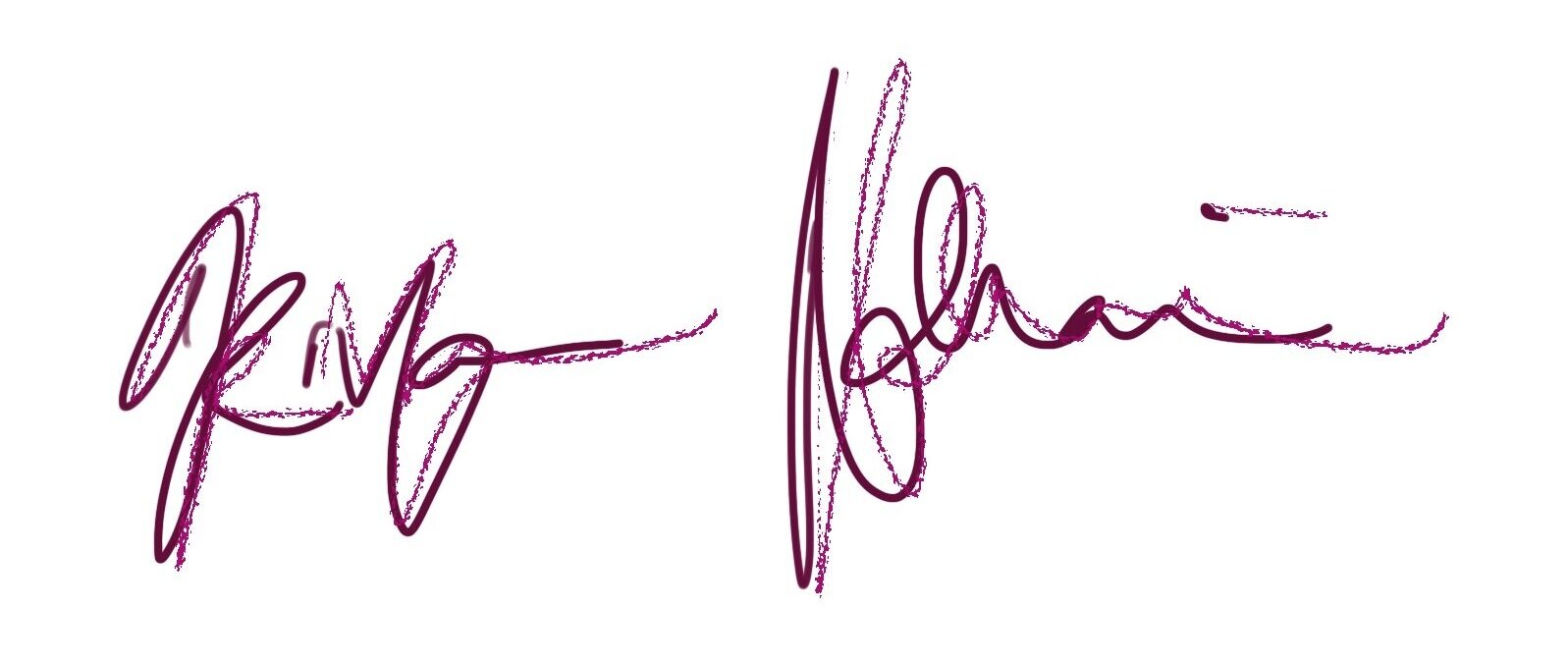“Embracing Detachment/Talmud Torah”
18 X 24, watercolor on paper
There is an idea that there are “70 faces to the Torah”; a vast amount of perspectives and interpretations to Jewish law and what the Torah meant when it said what it did.
I think a lot of people use it as a type of peaceful “can’t we all just get along”, “different ways are fine too”. That was how I understood it, too, until I emailed my Rav years ago about a question regarding hair covering. A friend had shown me a Jewish law book she followed in which the author refuted the often-practiced habit in many Orthodox circles of Jewish women wearing headscarves, with some hair showing, condoned from a Moshe Feinstein letter. The author, advocating for a wig or complete hair covering, said that letter was only intended for that one person, and anyone following that letter was basically breaking Jewish law. I was shocked. What? What happened to my beloved “70 faces to the Torah”, different ways are good too, just not what I practice? My Rav basically chuckled in the letter he wrote back. I quote it now, because it was said so perfectly:
"It is the nature of rabbis that they disagree with each other on the understanding of halacha. This is largely what the mitzva of Talmud Torah is about.
There are endless examples of contemporary rabbis claiming that those who disagree with them really did not mean what they said and in fact agree.
My brother-in-law, for example, was happy to explain to me recently that all the rabbis of all previous generations agree entirely with his approach to halachic questions. According to him, the apparent disagreements are due to the fact that those earlier rabbis were addressing only specific situations that no longer occur. According to him, all deceased rabbis would agree with him if they were alive today.
There surely are cases where opinions expressed by deceased rabbis are inapplicable in contemporary situations. On the other hand, it is wrong to claim that R. Moshe Feinstein or any other great rabbi published an opinion and failed to mention that that opinion was limited to certain circumstances that might change. If R. Moshe Feinstein indeed published an opinion about a specific case that has no application today, he was guilty of falsifying the Torah by failing to mention that his opinion was limited to that case. When halachic opinions are limited to specific cases (as they sometimes are) it behooves the rabbi to prove why those special circumstances deserve a different halacha than generally applies.
Bottom line: There is no objection to following R. Moshe Feinstein's published opinions. He decided which of his thousands of opinions to publish. And I cannot believe that he published an opinion for the general public unless he held that that opinion was of general application.”
I understood after that email that sometimes “70 faces” will mean that one Jew believes that another opinion is not just different than her own but entirely unfounded, unacceptable, not at all what the Torah intended for, and that that person, in her viewpoint, is breaking Jewish law and perhaps even spreading it to others.
The trick then, it seems to me, is to hold both those truths, that of the belief that the person is breaking Jewish law, is going astray from what Gd wanted, and yet, at the same time, deeply care for and love that person despite what is seen as The Wrong Way. Oy gavolt. What a challenge. I think it could be even more challenging within the Orthodox world, when it is very important for people to feel they are doing the Right thing, and tests to what is Orthodoxy can be met with fierce fear of upending that way. (Anyone recall the “Fake Orthodox Jews Against Trump” piece? Oy oy.)
With our own experiences of stepping out of what other Orthodox Jews around us believe to be “the way” (eruv crisis!), or what I see as people going against “the way” in a social justice sense, I understand the dilemma of combining love and vehement disagreement acutely.
This pieces is about that challenge. Of the joy of our faith in disagreeing and seeing different sides, and acknowledging the profound challenge in seeing someone’s point of view as going too far, too much, and yet, still, somehow, embracing them. Embracing detachment. Unity despite separation. It is what my Rav was able to do, with a laugh, as he responded to me, and it is something I hope to be able to do as well, somehow.
